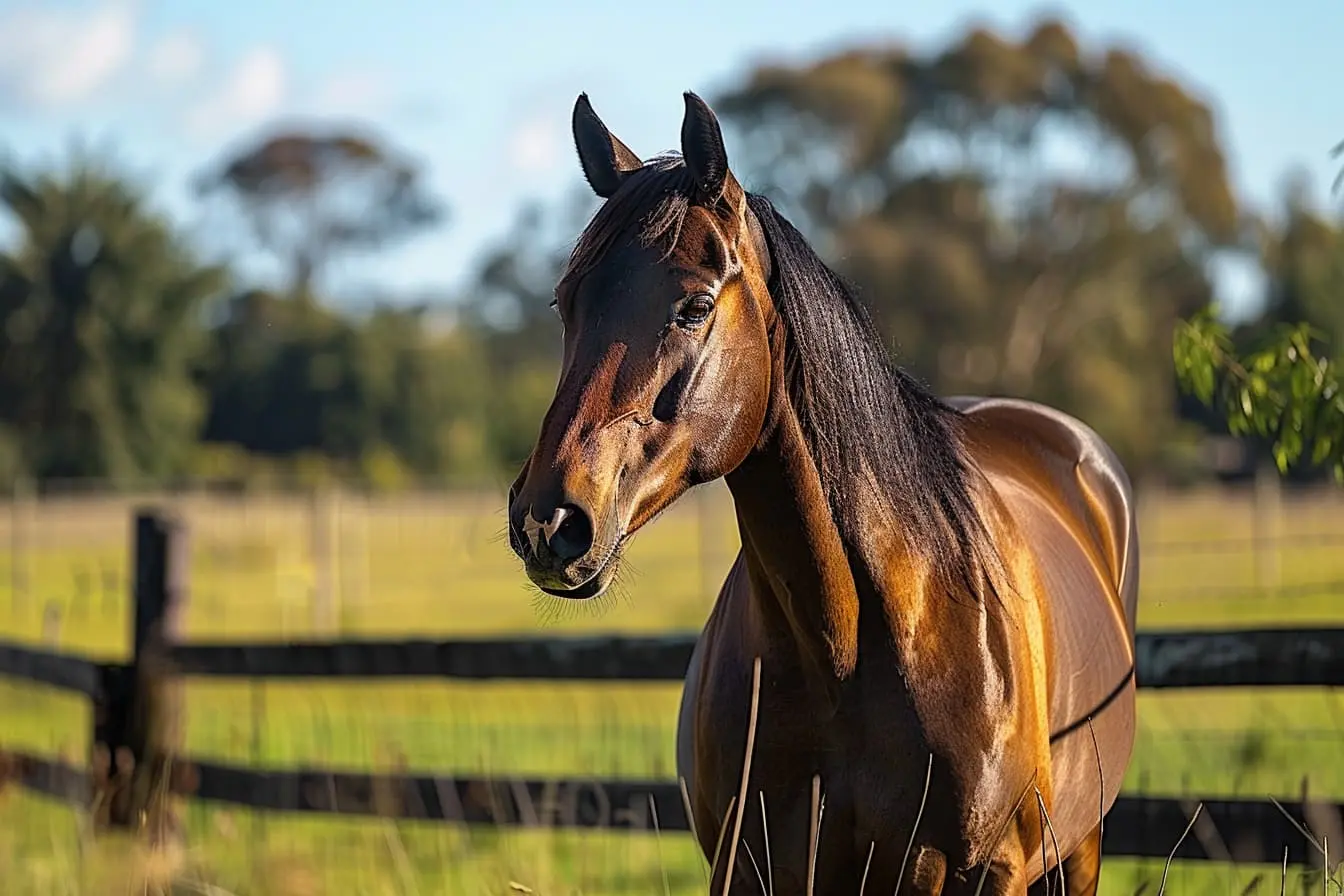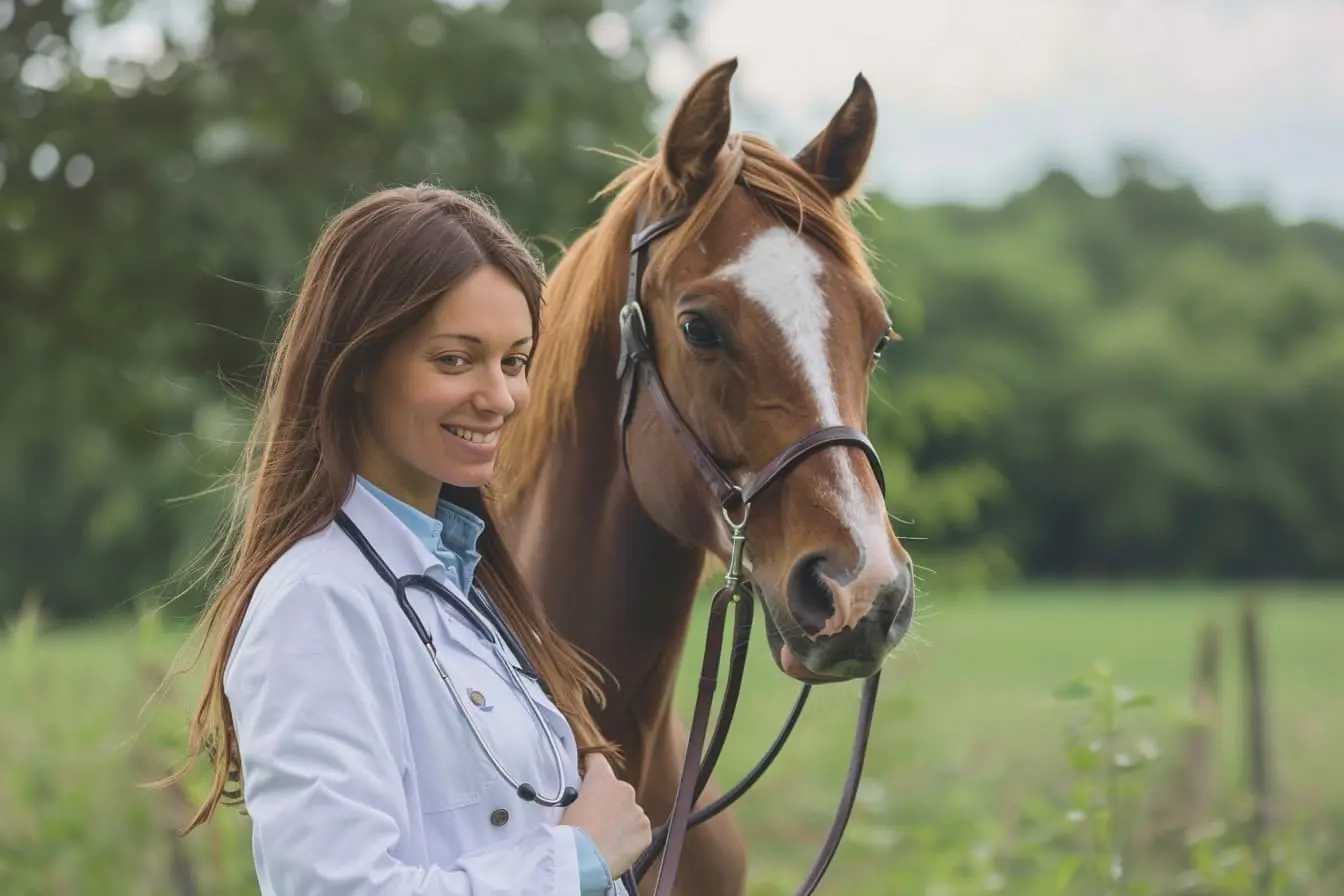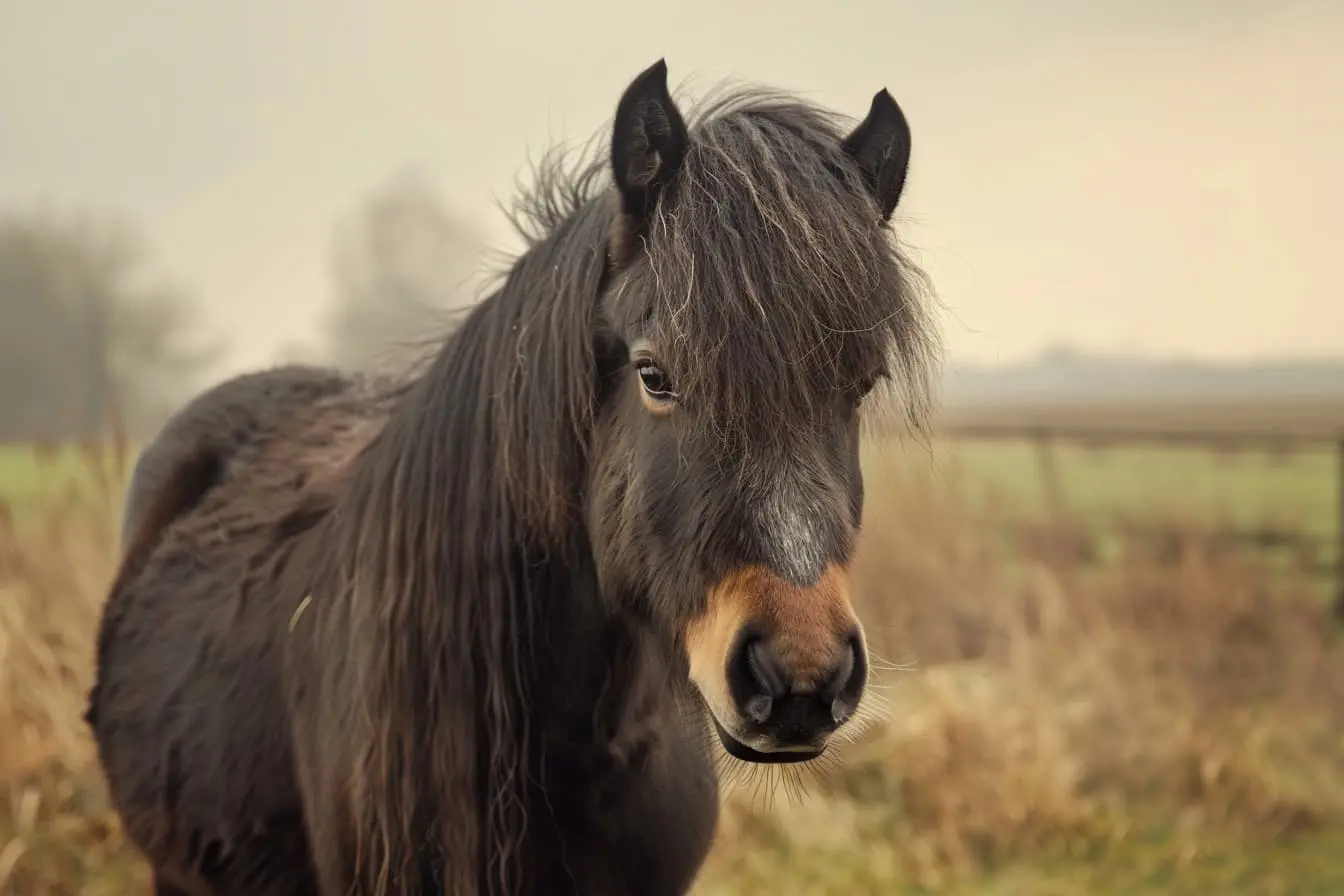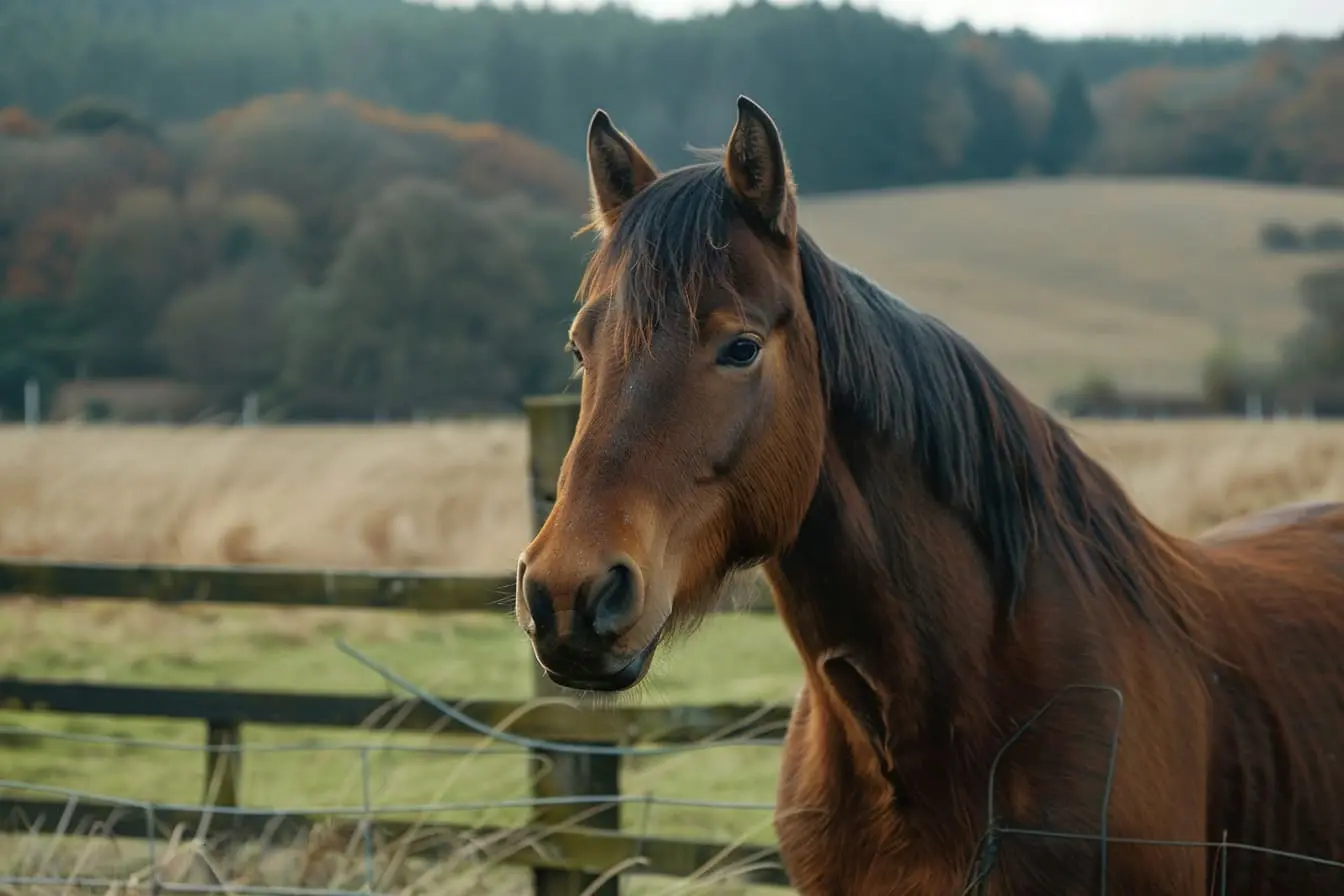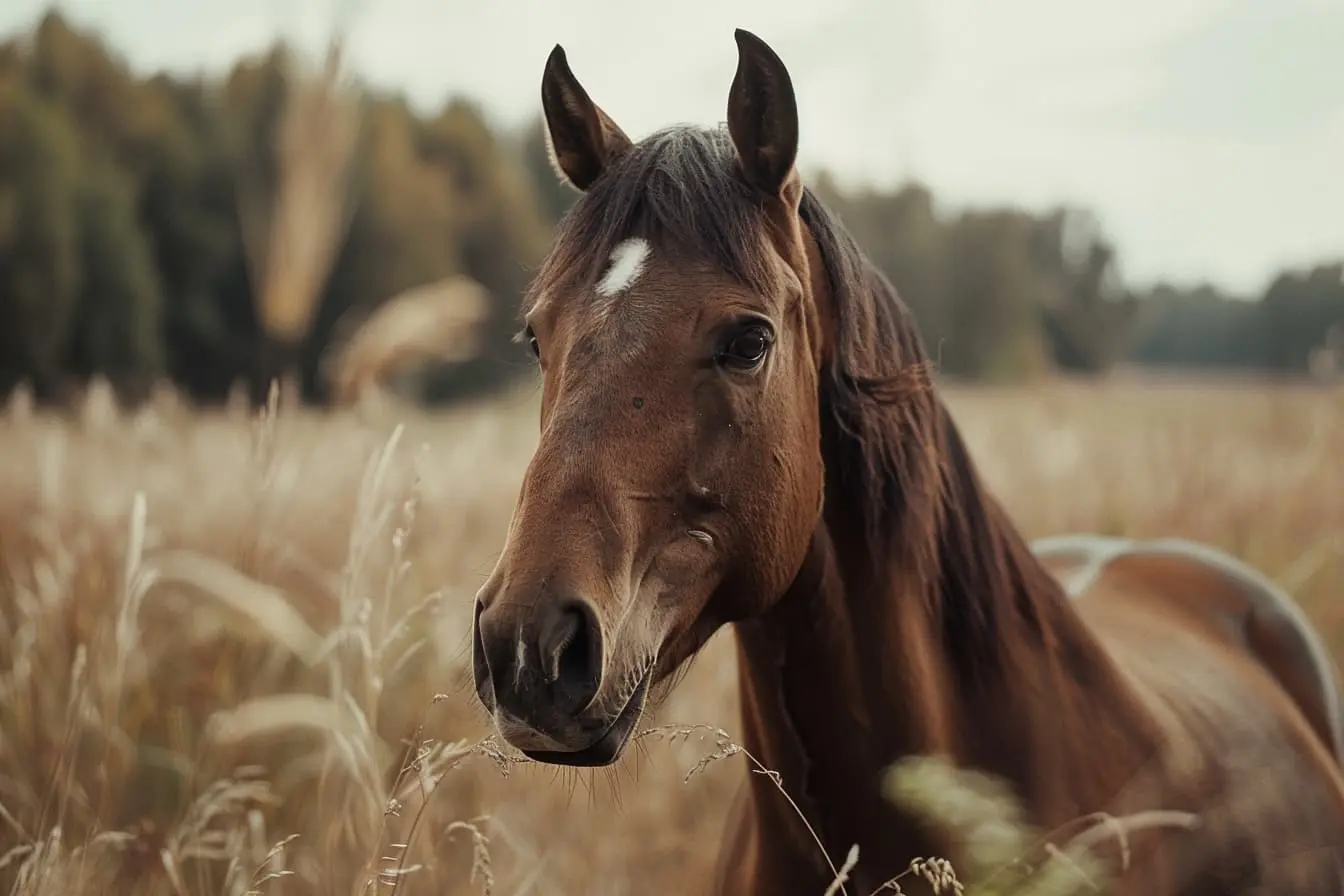
The Importance of Dental Care in Horses: A Guide for New Owners
Embarking on the journey of horse ownership is not just about the long rides or the companionship horses offer. It involves a deep commitment to their overall health and well-being, with dental care being a crucial aspect often overlooked by new owners. A horse's dental health affects its nutrition, behaviour, and performance. This guide aims to shed light on why dental care is essential for your horse and how you can ensure it receives the proper care it deserves.
Understanding Equine Dental Anatomy
Horses have a unique dental structure. Unlike humans, a horse's teeth continue to erupt throughout most of their life, which can lead to uneven wear patterns and sharp edges or points. These points can cause discomfort, pain, and even ulcers in the mouth if not properly managed. A horse's teeth include incisors, used for clipping grass, and molars and premolars for grinding food. The efficient grinding of food is essential for optimal digestion and nutrient absorption.
Recognising the Signs of Dental Problems
Horses are stoic creatures, often hiding discomfort until it becomes unbearable. As a responsible horse owner, it's crucial to recognise the early signs of dental issues. These may include:
- Difficulty Chewing or Dropping Food: Often referred to as "quidding," this is when horses drop partially chewed food from their mouth.
- Weight Loss or Poor Body Condition: This can result from an inability to properly chew and digest food.
- Bad Breath or Nasal Discharge: These can indicate tooth decay or infection.
- Behavioural Changes: Such as resistance to the bridle, head tossing, or reluctance to eat, can all suggest dental discomfort.
Regular Dental Check-ups and Care
Routine dental check-ups are essential in preventing discomfort and more serious health issues. It is generally recommended that horses undergo a dental examination at least once a year. However, younger horses, seniors, and those with known dental issues may require more frequent care. During an examination, a veterinarian or a qualified equine dentist will check for abnormal wear patterns, sharp edges, loose or broken teeth, and signs of gum disease or infection. They may perform "floating" — a process of filing down sharp points to facilitate more effective chewing and comfort.
The Role of Proper Nutrition
Nutrition also plays a significant role in maintaining your horse's dental health. Providing a diet that requires ample chewing can help naturally wear down sharp points on the teeth. This includes high-quality forage, like hay or grass, which should be the cornerstone of their diet. However, nutrition alone cannot prevent all dental issues, emphasising the importance of regular professional care.
Starting Dental Care Early
Introducing your horse to dental examinations and care from a young age can help prevent many issues and acclimate them to the process, reducing stress during future check-ups. Foals should have their first dental check by the age of 2 to address any congenital dental abnormalities early on.
Conclusion
Dental care is a pivotal aspect of horse health that goes beyond mere oral hygiene. It impacts their nutrition, comfort, behaviour, and overall quality of life. By recognising the signs of dental problems, ensuring regular professional check-ups, and providing proper nutrition, you can help keep your horse healthy and happy for years to come. Remember, a horse with a healthy mouth is more likely to be a content and cooperative companion, whether on the ground or in the saddle.
Vets near you
Speciality vets
- Aquatics vet specialists
- Birds vet specialists
- Camelids vet specialists
- Cats vet specialists
- Cattle vet specialists
- Deer vet specialists
- Dogs vet specialists
- Equines vet specialists
- Exotic vet specialists
- Goats vet specialists
- Pigs vet specialists
- Poultry vet specialists
- Sheep vet specialists
- Small Mammals vet specialists
- Wild vet specialists
Vet facilities
- Accessible by public transport
- Blood testing
- Car park nearby
- Client car park
- Dentistry
- Diagnostic imaging
- Disabled public access
- Flea and worm treatments
- Microchipping
- Mobile services
- Neutering
- Open at weekends
- Out-of-hours service
- Referral interests
- Referrals only
- Street parking outside
- Toilets available
- Vaccinations
